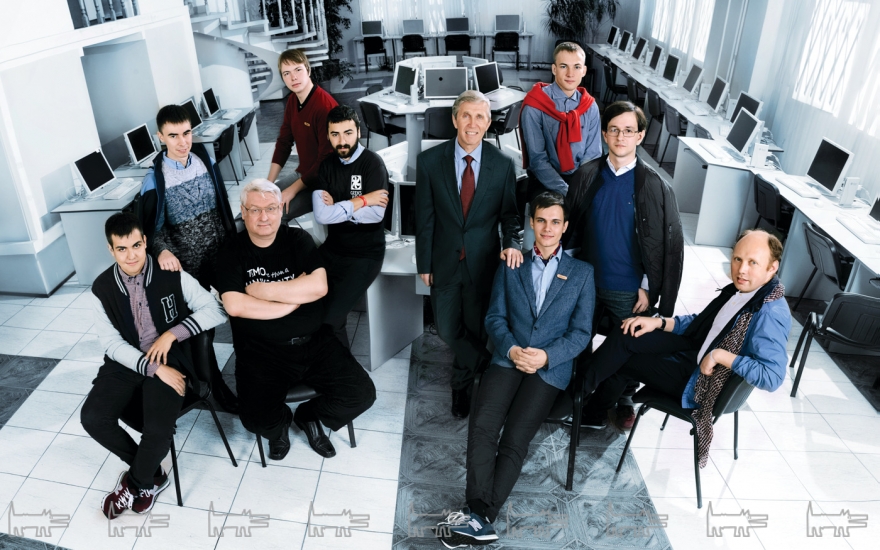 Project manager: Irina V. Roshchina, Doctor of Economics, Professor of the Department of Economics, TSU
Project manager: Irina V. Roshchina, Doctor of Economics, Professor of the Department of Economics, TSU
Main executives:
- Eugene V. Nehoda, Doctor of Economics, Head of the Department of Strategic Management and Marketing of TSU
- Svetlana E. Martynova, PhD in Philological sciences, Assistant Professor, Head of the Department of State and Municipal Administration of TSU
- Polina V. Sazonova, Senior Lecturer at the Department of State and Municipal Administration of TSU
- Vadim D. Pak, Postgraduate Student of the Department of Strategic Management and Marketing of TSU
Abstract:
Ensuring sustainable development and improving Quality of Life of people in conditions of global challenges are the priority tasks of the social and economic policy of Russia and its regions. Global challenges are associated with increased technological, economic, social and environmental risks. In these conditions, it is important to ensure the sustainability of the functioning of social and economic systems as a purposeful process that ensures the stability of the connections, elements and structure of the system as a whole in the direction of increasing the level and quality of life of people within the balance with the environment. Globalization exacerbated regional problems, because a human man lives in a certain territory, despite the fact that his activities can be carried out around the world.
The main tasks, associated with the social and economic development of Russian society and regions, are raising the level and quality of life, structural reforming of economy, finding a balance between economic and social development and the environment, involving citizens in the process of making managerial decisions, presuppose the existence of a social group, which simultaneously acts as a factor of social changes, and is able to realize them.
So, the implementation of priorities is not possible without the subject of social and economic transformation for sustainable development and improving quality of life, including the Tomsk region. Such subject can and should become a creative middle class, which, unlike the traditionally understood middle class (or the middle class of the industrial era), does not have a craze for consumption and which focuses on creative activity, innovation, professional self-realization, active civic position. A creative middle class can also become a collective generator of new ideas, an intellectual basis for implementing long-term priorities for the region’s social and economic development.

